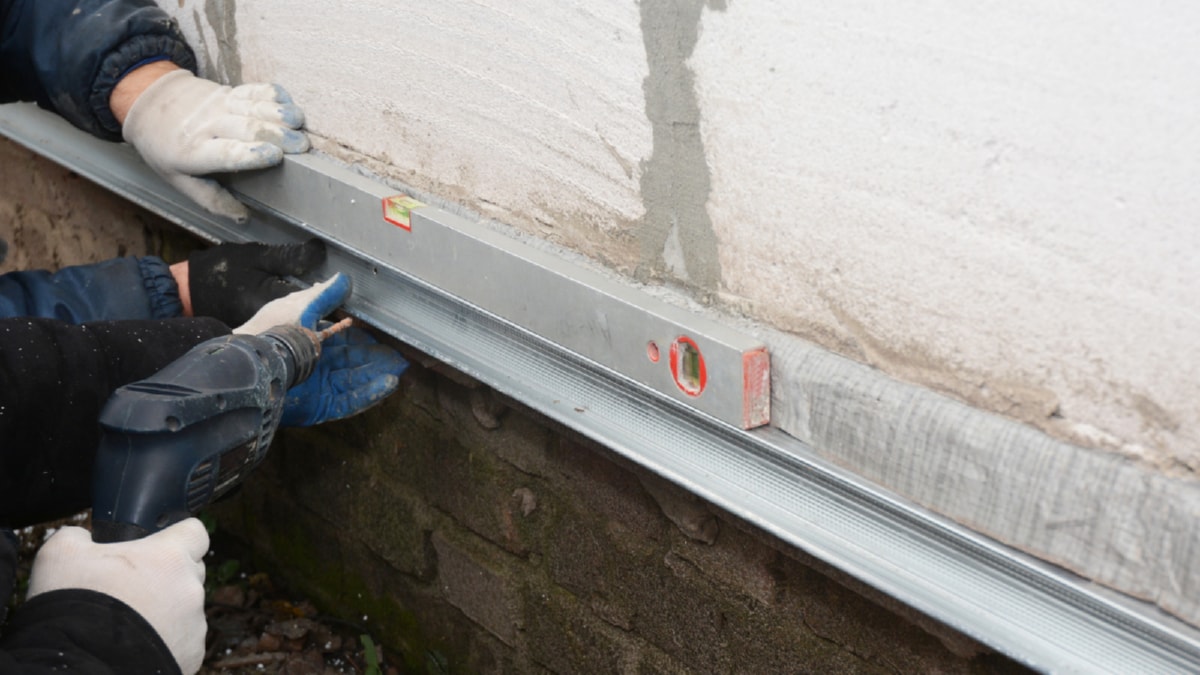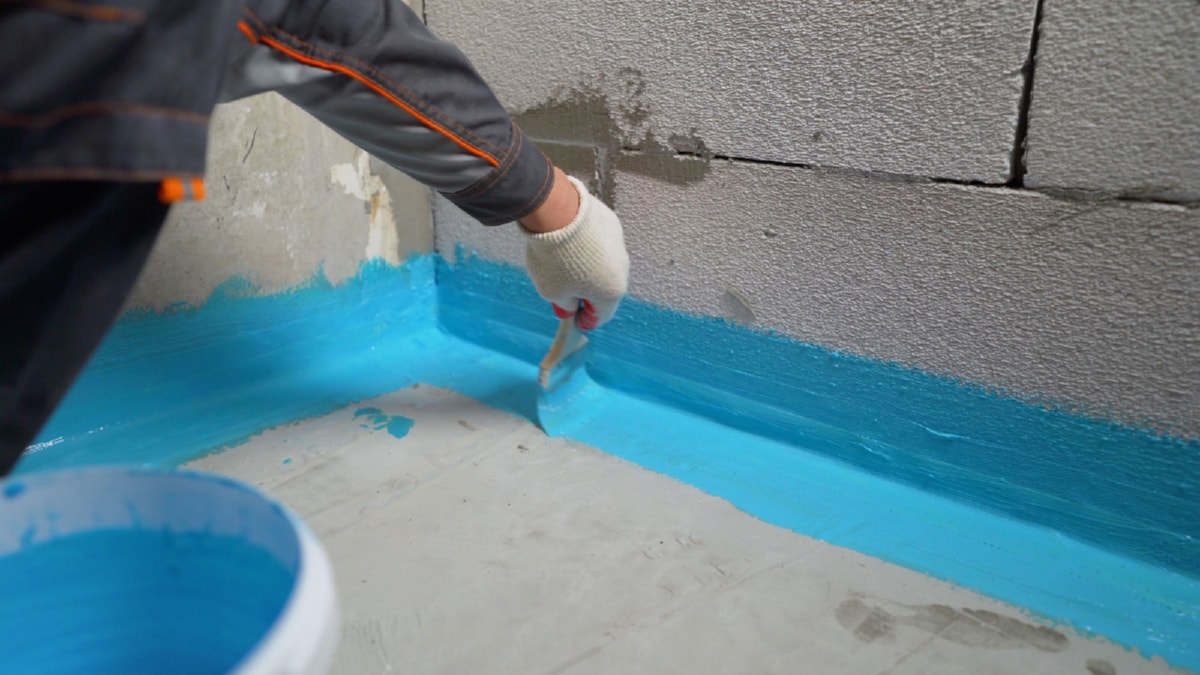Why Safety Gear Matters in the Construction Industry
Safety equipment is a vital component of any construction project. It not only ensures the safety of the workers but also enhances the overall productivity of the project. This article will shed light on why safety equipment is vital in the construction industry and how it can make a significant difference in project outcomes.
On construction sites, hazards are rife. From heavy machinery and hazardous materials to high heights and falling debris, construction workers are continually faced with potential dangers. Safety equipment is designed to protect these workers from these hazards and minimize the risk of injury. This includes items such as hard hats, safety glasses, ear plugs, high-visibility clothing, and steel-toe boots. Each piece of equipment serves a specific purpose and is designed to protect a certain part of the body.
Supplying the right safety equipment is not only a moral obligation for employers but often a legal requirement as well. Failure to do so can lead to serious consequences, including legal penalties and damages to the company’s reputation. Furthermore, it can also lead to increased costs due to lost work days, workers’ compensation claims, and potential lawsuits.
Aside from the obvious benefit of protecting workers from injury, safety equipment also plays a crucial role in maintaining high productivity levels on site. When workers feel safe, they are more likely to be focused on their work, leading to better efficiency and productivity.
In conclusion, protective gear is an indispensable part of the construction industry. It not only protects workers from potential hazards but also contributes to enhancing overall productivity. Therefore, it is essential that employers ensure that all their workers are suitably equipped with the right safety gear at all times.
Effective Management of a Construction Project
Managing a construction project is a challenging endeavor. It requires careful planning, coordination, and execution to ensure that the project is completed on time, within budget, and to the client’s satisfaction. Here are some important steps to effectively manage a construction project.
Firstly, careful planning is the backbone of any successful construction project. This involves defining the project’s objectives, setting a realistic timeline, and allocating resources appropriately.
Secondly, effective communication is crucial. This involves guaranteeing that all stakeholders, including clients, contractors, and workers, are on the same page and understand the project’s objectives, timelines, and responsibilities.
Thirdly, risk management is an integral component of construction project management. This involves spotting potential risks and developing strategies to mitigate them.
Fourthly, regular monitoring and control are essential to ensure that the project is on track. This involves periodically reviewing the project’s progress and making adjustments as necessary.
In conclusion, successful construction project management involves meticulous planning, effective communication, risk management, and regular monitoring and control. By following these steps, you can ensure that your construction project is a success.
For more details, check best Brick Paving Kildare Galway Limerick Mayo Offaly or visit their Brick Paving Kildare Galway Limerick Mayo Offaly business listing here.




